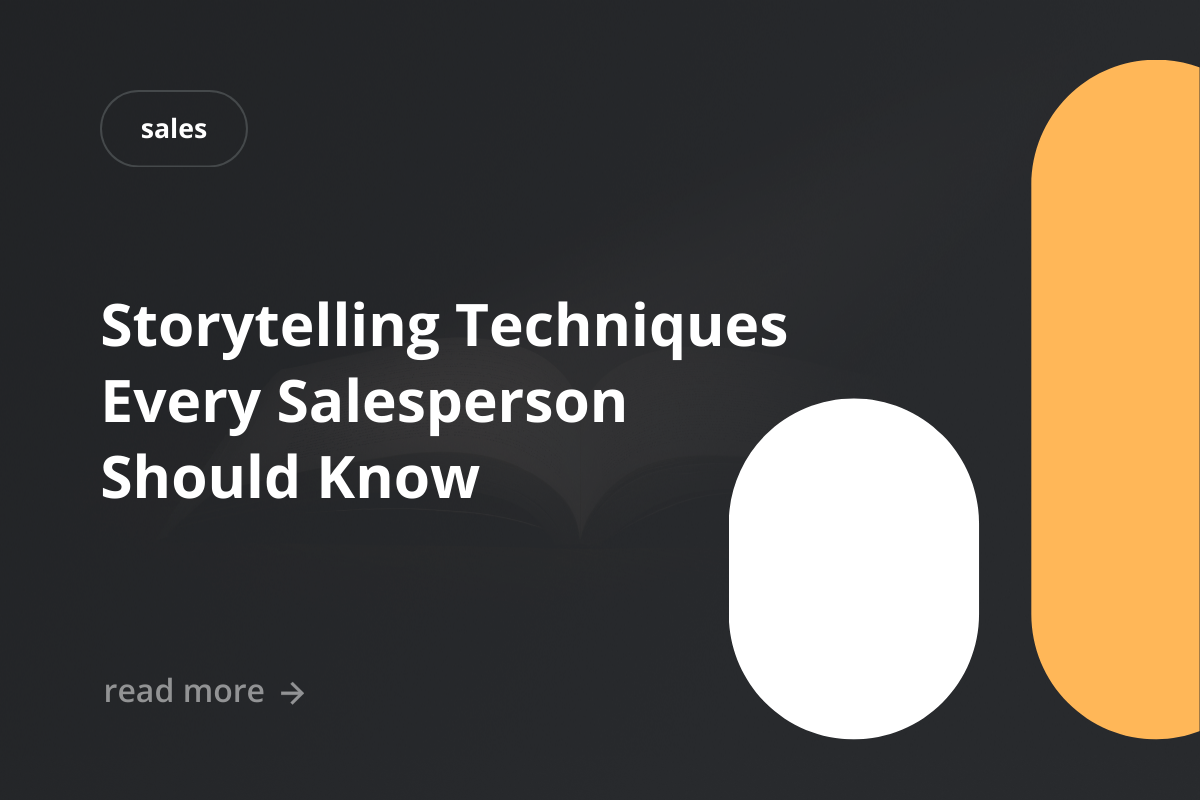AI in Sales and Its Impacts
AI in sales is revolutionizing how businesses approach their sales strategies and operations. The integration of artificial intelligence in sales processes enables companies to analyze vast amounts of data and derive actionable insights that drive better performance. As a result, organizations can enhance their customer interactions and improve overall sales effectiveness.
The Role of Artificial Intelligence in Sales
The role of artificial intelligence in sales extends beyond automation; it encompasses smart decision-making and predictive analytics. Artificial intelligence in sales helps identify potential leads and prioritize them based on their likelihood to convert.
This alignment ultimately accelerates the sales cycle and increases overall revenue.
How Artificial Intelligence in Sales Boosts Efficiency
Artificial intelligence in sales boosts efficiency by automating routine tasks and freeing sales teams to focus on high-value activities. By streamlining processes such as data entry and follow-ups, sales teams can spend more time engaging with customers. This leads to shorter sales cycles and improved customer satisfaction.
Trends in AI Software Development for Sales
The landscape of artificial intelligence software development for sales is rapidly evolving, with new tools and technologies emerging regularly. Current trends emphasize the importance of data privacy, user-friendly interfaces, and integration with existing sales platforms.
Staying updated with these trends ensures companies leverage the full potential of artificial intelligence in sales.
How AI Tools Transform Sales Strategies

Sales AI tools are increasingly becoming essential for businesses seeking a competitive edge. These tools provide real-time insights into customer behavior and preferences, enabling sales teams to tailor their approaches effectively. By analyzing data, sales AI tools allow for informed decision-making, transforming traditional sales strategies.
Sales AI Tools for Better Insights
Implementing sales artificial intelligence tools can lead to deeper insights into market trends and customer patterns. Teams can leverage these insights to:
- Identify high-value opportunities in the sales funnel.
- Optimize marketing strategies to target specific demographics.
- Monitor competitor activities and adjust strategies accordingly.
Integrating AI for Personalized Selling
The integration of AI for lead generation and personalized selling strategies helps firms deliver targeted messages that resonate with individual customers. By analyzing customer data, businesses can tailor their marketing and sales efforts to enhance engagement and conversion rates. Personalization driven by artificial intelligence in sales can foster stronger relationships with clients.
Machine Learning Techniques for Sales Optimization
Machine learning techniques have become integral to sales optimization, allowing companies to predict future sales outcomes based on historical data. By leveraging these advanced algorithms, sales teams can refine their strategies to maximize efficiency and effectiveness. Furthermore, machine learning continues to evolve, enhancing the predictive capabilities of AI in sales.
Conclusion
The future of artificial intelligence in sales looks promising as technology continues to advance, improving efficiency and customer engagement. Companies that adopt artificial intelligence in sales will be at a significant advantage, driving growth and innovation. Long-term benefits include sustained profitability and a more responsive sales organization poised to adapt to market changes.
The Long-Term Benefits of AI in Sales
The long-term benefits of AI in sales include enhanced productivity, improved customer relationships, and data-driven decision-making. As businesses continue to adopt AI, the ability to leverage insights will only become more critical.
FAQ
What is AI in Sales?
Artificial intelligence in sales refers to the use of AI technologies to enhance and streamline sales processes.
How does Artificial Intelligence in Sales work?
Artificial intelligence in sales works by analyzing data, automating routine tasks, and providing predictive insights that assist sales teams.
What are the best Sales Artificial Intelligence Tools?
Some of the best sales artificial intelligence tools include Salesforce AI, HubSpot, and Zoho CRM, all of which offer advanced analytics and automation features.
Can AI for lead generation replace human salespeople?
AI for lead generation can supplement and enhance human salespeople’s efforts but is unlikely to fully replace them due to the need for human connection.
What are the challenges of implementing AI in Sales?
Challenges of implementing artificial intelligence in sales include data privacy concerns, integration complexities, and the need for employee training to effectively use new technologies.

























